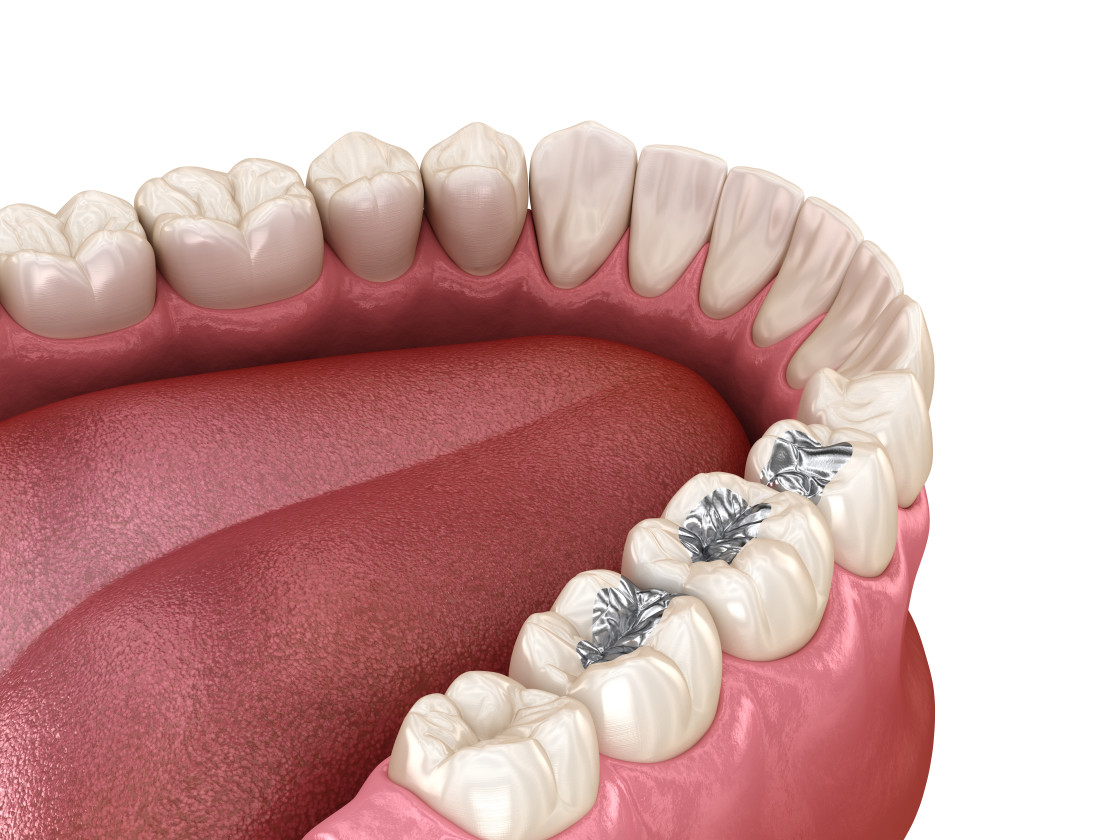
VISITING HOURS:
Week Days - 9 am to 8 pmSundays - Only Emergency Cases
How Dental Sealants Help to Prevent Cavities?
Tooth decay also referred to as dental caries or cavities, is brought on by the acidic and bacterial erosion of tooth enamel. Acid is produced by bacteria and leads to enamel damage and tooth decay. It can cause discomfort, infections, tooth loss, and poisoning from consumed decay particles if treatment is not received. People can still get cavities even with the best at-home dental care practices. Consider getting dental sealants as an extra preventive measure. Let’s check out how dental sealants help to prevent cavities.
What are Dental Sealants?
Sealants protect teeth from bacteria by using hardened plastic resin. Sealants are applied by attaching them to the grooves on the chewing surface of teeth. Today, toothbrushes can thoroughly clean every crevice on the chewing surface of teeth, which offers protection against tooth decay.
Also Read: Common Symptoms of Tooth Decay
Sealants work to protect your teeth by adding an extra layer of protection where food particles and plaque tend to accumulate, which lowers your chance of developing cavities. Permanent teeth free of cavities are typically sealed. Dental sealant is suggested to stop additional harm in people who have had fillings for cavities in their molars in the past. Although there are several dental sealants on the market today, dentists often advise using silver fluoride sealant due to its long-lasting ability to withstand tooth decay.
When Should You Get Dental Sealants?
Dental sealants work most effectively on molars and premolars. Bacteria and food debris can easily accumulate on rough and uneven surfaces. It makes practical sense for kids to get dental sealants as their molars come in. Children aged six to seven often experience the eruption of their first molars, while permanent molars develop twice during childhood at around twelve to thirteen. For the best protection against decay, dental sealants should be applied when children’s molars first come in. Adults who don’t have fillings or decay may find dental sealants helpful. The purpose of dental sealants is to prevent decay before it begins. Hence, children make perfect candidates for tooth sealants.
Benefits of Dental Sealants
Everyone can benefit from sealants, which provide added protection for their teeth until they learn proper oral care. Here are some of the benefits of dental sealants.
Protection against cavities: Dental sealants safeguard your teeth from cavities by applying “tooth-colored” plastic to the tooth’s surface. Bacteria struggle to stay on a tooth surface due to this protective layer. Dental sealants are a safe and effective method of protecting your teeth, as bacteria cannot harm the enamel.
Quick and painless: The application of dental sealants is a simple process. The teeth are ready for the application of the sealant material after being cleaned and prepared. A solution, with a mild strength similar to lemon juice or vinegar, is used to prepare the teeth. It helps the sealant bond by slightly roughening each tooth’s surface. After preparation, the tooth or teeth receive the application of the acrylic sealant. By flowing into depressions or grooves on a tooth, the sealant material fills them in. Once that’s done, it can be left to harden for 1-2 minutes, effectively sealing and protecting the tooth from bacteria in the pits and grooves.
Long-lasting: The application of sealants ensures teeth are protected throughout the most cavity-prone years due to their long-lasting nature with proper care. Good oral hygiene and avoiding hard objects can extend the lifespan of sealants. At regular dental appointments, the dentist examines the sealants and may suggest re-applying or repairing them if necessary.
Can be applied early: The number of teeth to seal is determined by your likelihood of getting cavities. For optimal protection, it’s recommended to apply dental sealants immediately after a permanent tooth erupts. Sealants are most beneficial for children around six years old when their first permanent molars become visible.
Suitable for all ages: Despite common belief, sealants are beneficial for more than just children. Although children are typically the most common age group for treatment, anyone can experience the same benefits. The teeth of older patients also have small grooves that must be covered to shield them from bacteria.
What to Expect When Getting Sealants?
The process of getting sealants is easy and quick. Normally, a sealant application requires only one visit, after which regular operations can be promptly resumed. When you visit the Dental clinic for dental sealants, we will place a gauze in your mouth to keep the sealant in place and your teeth comfortable. After that, we give your teeth a cleaning so the sealant may be applied. The dentist will use a blue light to firm up the sealant once it has been placed, protecting the tooth from bacteria and cavities. Since sealants are typically clear or white, they are unnoticeable when talking or smiling.
Sealants do not eliminate the necessity for daily brushing and flossing. Even after sealants are applied, teeth can still have cavities. During your next scheduled dental examination, the dentist will check to make sure your sealants are in good condition. Although sealants are durable, they may become loose or weaken over time and need to be replaced to provide adequate dental protection.
Why Choose Dentique?
Your smile is in good hands with Dentique, among the best dental clinics in Kochi.
We are committed to giving you the best care possible, which includes providing essentials like dental sealants. You can get specialized treatment and attention from our highly qualified and experienced dentists. We make sure the procedure of applying sealants to your teeth is simple and painless. We assure you that there will be no discomfort or delay in treating your teeth against cavities thanks to our quick and painless technique. To make you feel comfortable throughout your dental visit, we also work hard to establish a cozy and welcoming environment.
This guide will lead you to a better understanding of how dental sealant helps in preventing cavities. To learn more or book an appointment, Call now!
Read now: Things You Should Know Before Getting a Tooth Filling
OUR
TREATMENTS
TREATMENTS








